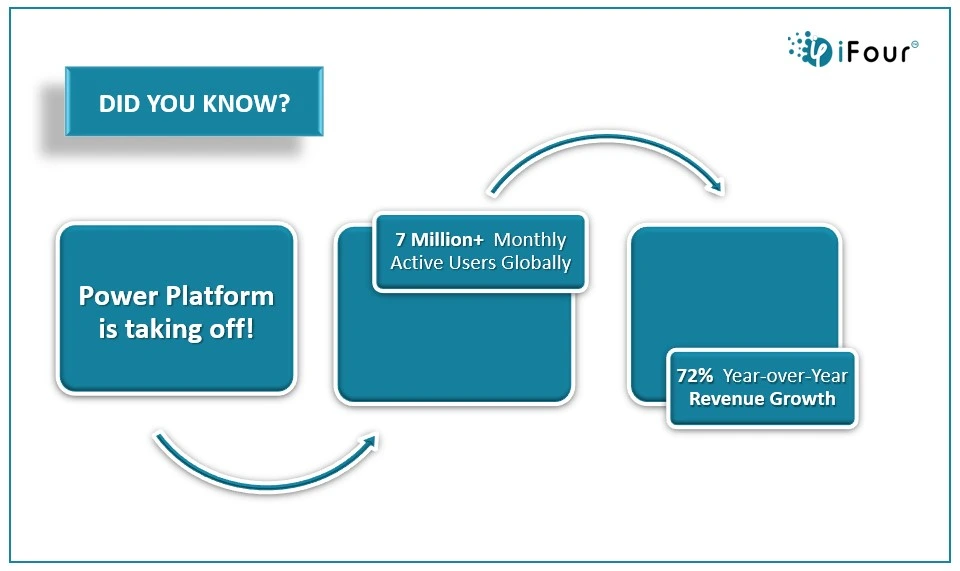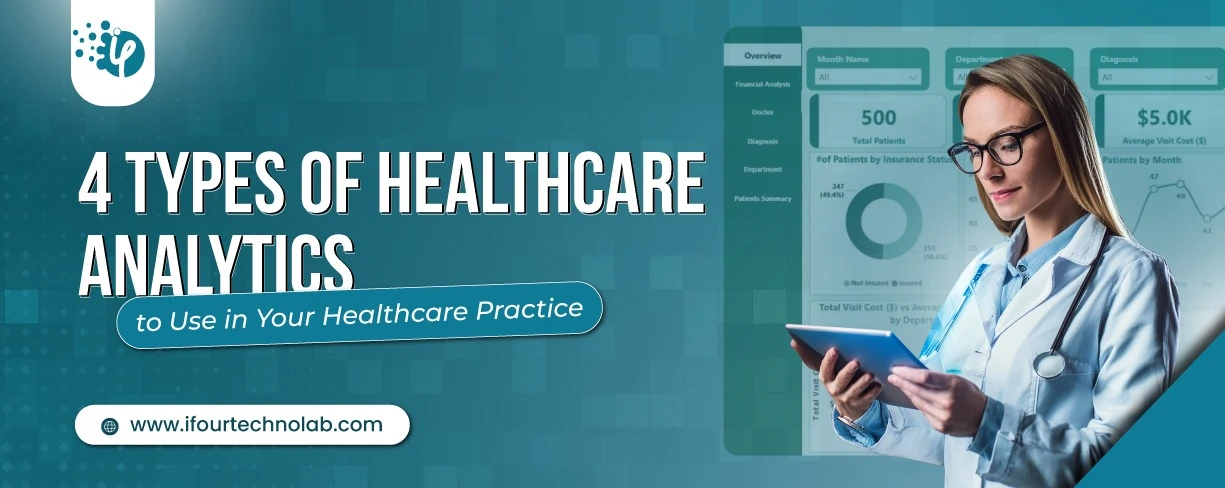2. Custom apps with Microsoft PowerApps Development
3. Automation of Workflows with Power Automate
4. Integration with Existing Systems
5. Collaborative Document Editing and Sharing
Power Platforms allow for Unified Legal Data Management
In business sectors, Unified Data Management is essential for organizing legal data. The legal sector is constantly muddled by handling large numbers of data, including case files, contracts, regulatory information, and more. For regulation, such information should be managed effectively such as risk reduction, and general operational efficiency. By creating an integrated storage system and a single repository for case papers, contracts, compliance data, and legal research, by implying Unified Data Management improves, the management of legal information can be smooth and easier. It allows Legal experts to find necessary data more efficiently because of this central location, which guarantees easy retrieval. Uniform data formats reduce errors and improve legal data accuracy through Unified Data Management.
Seamless integration with Legal Software
The easy integration of Unified Data Management with legal software, including case management and document management systems, enables the efficient exchange of information among various legal procedures. Version control tools are integrated to track modifications made to legal documents, improving teamwork, and preserving document integrity. Unified Data Management comprehensive audit trails and strong access control mechanisms guarantee security and compliance, which is essential for upholding privacy and adhering to data protection laws. Furthermore, Unified Data Management facilitates workflow management and automation, enhancing legal procedures via methodical workflow monitoring and process automation.
Data analytics for Legal decision-making.
In addition to enabling the analysis of case patterns and the monitoring of compliance measures, it offers data analytics tools for decision support and can generate customized reports on departmental performance and key performance indicators. Through communication tracking and collaborative platforms, Unified Data Management encourages teamwork and communication while recording significant conversations about legal issues. Mobile access can be included in Unified Data Management solutions to provide legal professionals with on-the-go accessibility and increased responsiveness and flexibility.
Power Platforms Boost Legal Efficiency and Task Automation
Increasing overall efficiency in the legal field can be helped by automating repetitive work in legal processes. Legal professionals can refocus their attention on more critical areas of their job with the help of automation solutions and reduce their time and effort to do repetitive and routine tasks. This practice eliminates the possibility of human error in manual operations while also resulting in enhanced work efficiency. As a result, the legal industry benefits from improved resource allocation, rapid task completion, and streamlined procedures, which contribute to more efficient legal practices. You can consider it like having a smart assistant on your side to automate repetitive tasks.
Power BI development for significant insights
By utilizing tech stack like Power BI development, you can easily handle routine duties like data management, form filing, and document organization. This practice not only stands for time-saving, but it also reduces the possibility of mistakes that could occur from repeatedly performing the same tasks manually. So that law experts can focus their resources on deeper and more significant areas of their business, such as case analysis or greater client assistance.
Virtual agents to manage manual tasks.
We can see it as having a virtual assistant that takes care of the manual tasks and enables attorneys to concentrate on the fascinating and difficult aspects of their work and, in the end, improves the overall effectiveness and efficiency of the legal tasks.
Also, this move toward automation fits well with the legal industry's larger trend of digital transformation. It makes work go more quickly and accurately while also promoting an agile and responsive legal practice. Automation has a huge potential to improve legal efficiency as technology develops, offering a more efficient and streamlined approach to the legal system.
Power Platform facilitates Collaboration and Communication
Power platforms facilitate collaboration among legal team members which involves real-time document sharing, collaborative editing, and communication channels embedded within the platform. This tool can be beneficial for the following prospects,
- First, it streamlines teamwork especially when legal professionals are working on complex cases that require input from multiple team members.
- Include features like messaging, video conferencing, or discussion forums.
- Offer robust document management systems.
- It helps to automate routine legal processes like managing deadlines, and sending notifications, hence freeing up time for legal professionals to focus on more strategic tasks and ensuring that each step of a legal workflow is executed systematically.
Hence, power platforms can adapt to changing legal requirements so organizations can for legal software development that satisfies their specific goals and business criteria. Legal frameworks are dynamic, and a robust power platform is flexible enough to accommodate updates, changes in regulations, and evolving workflows within the legal industry.

























